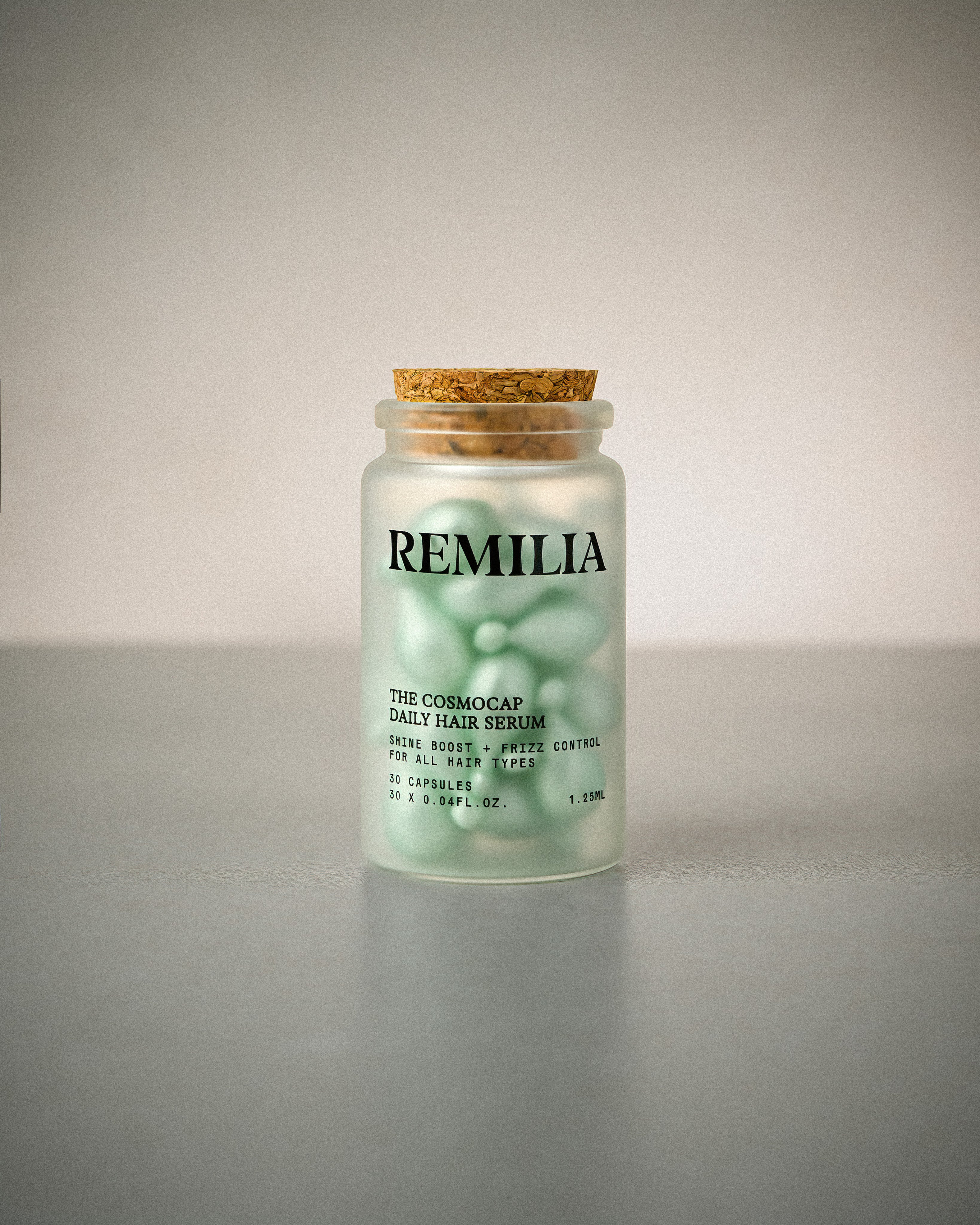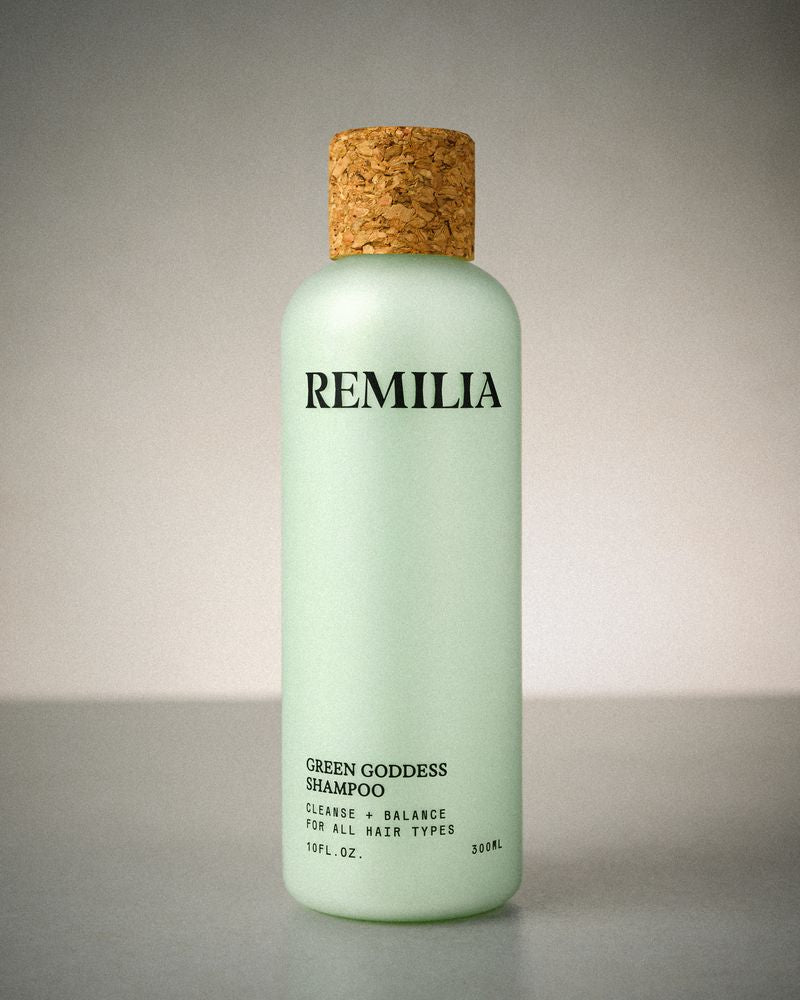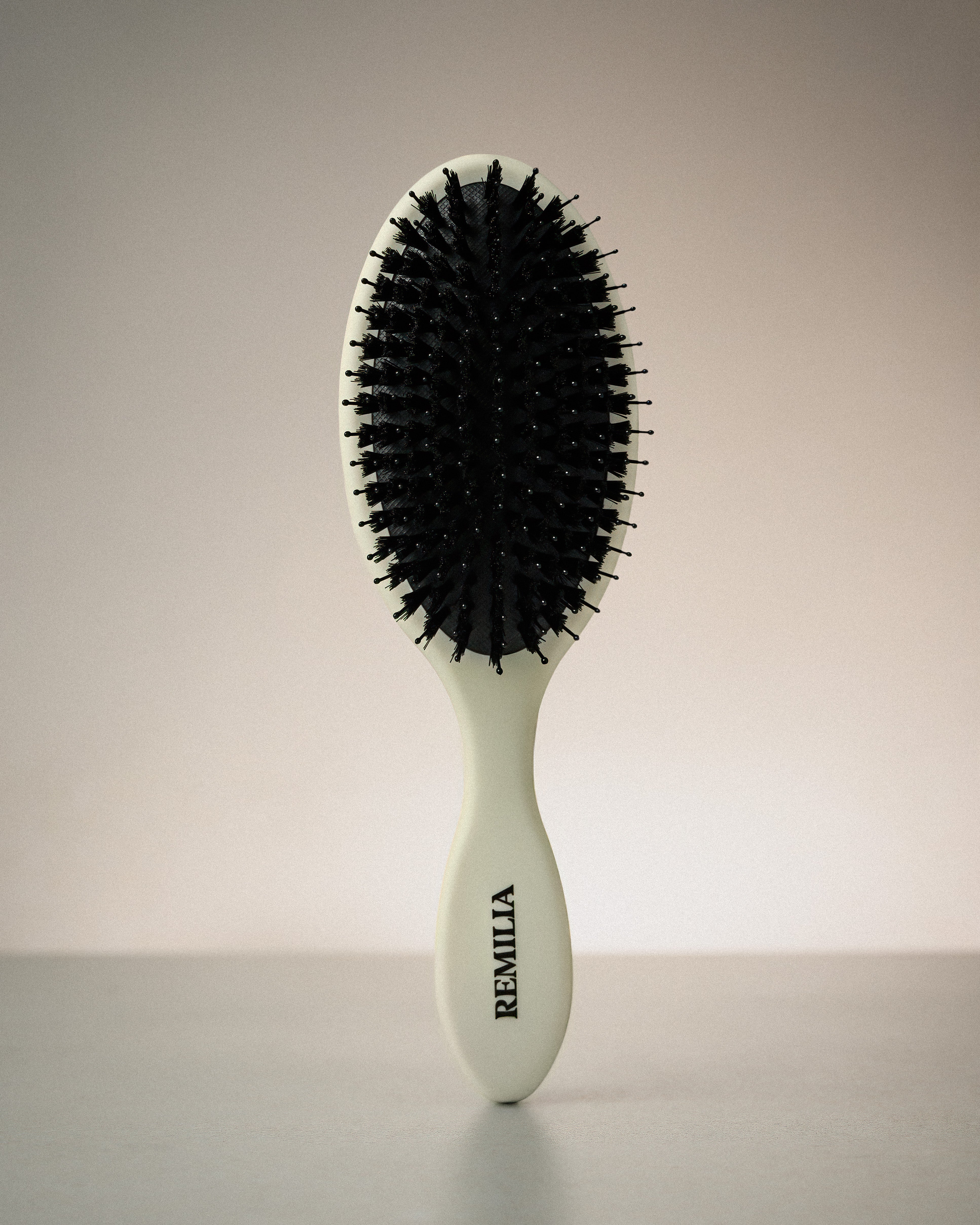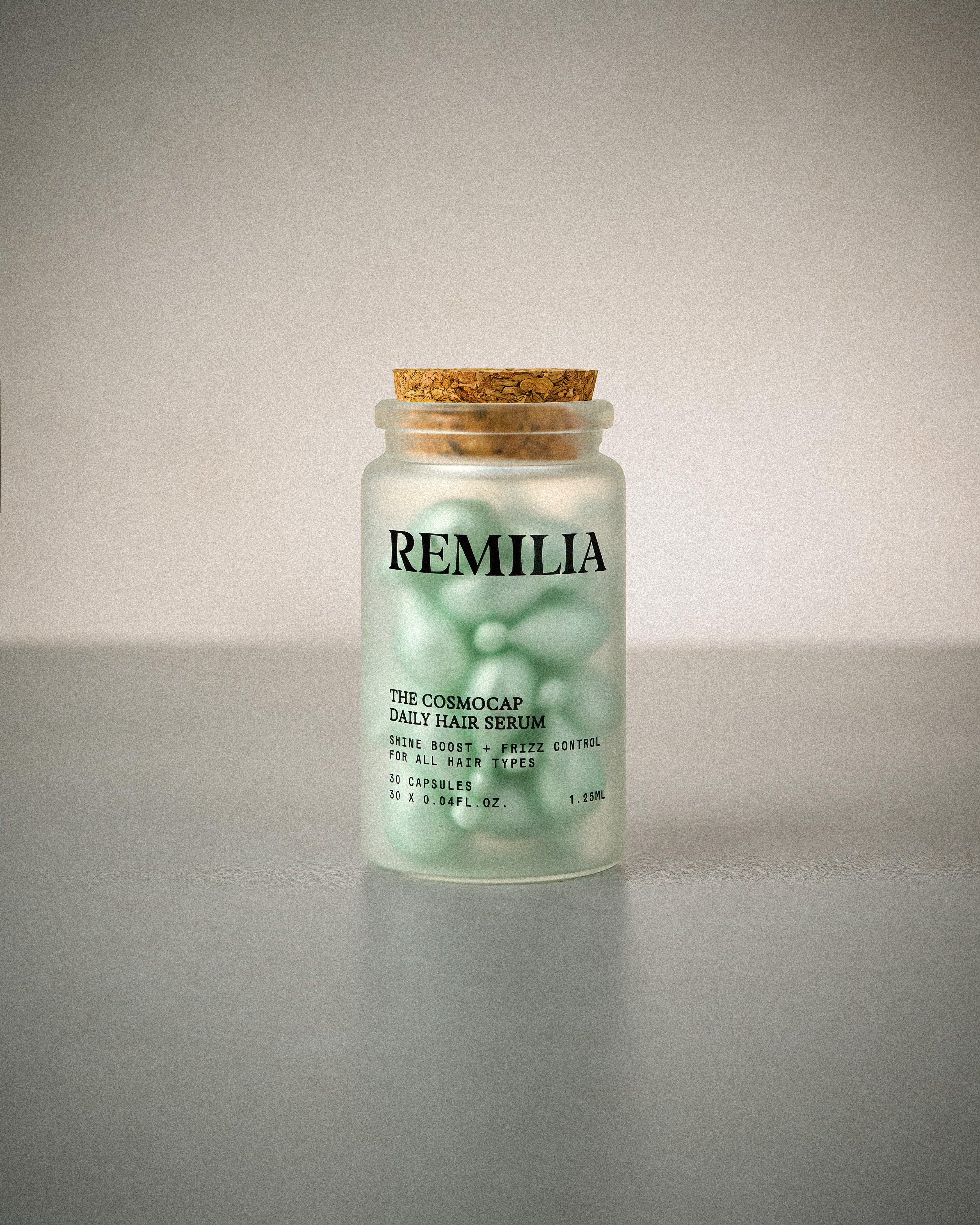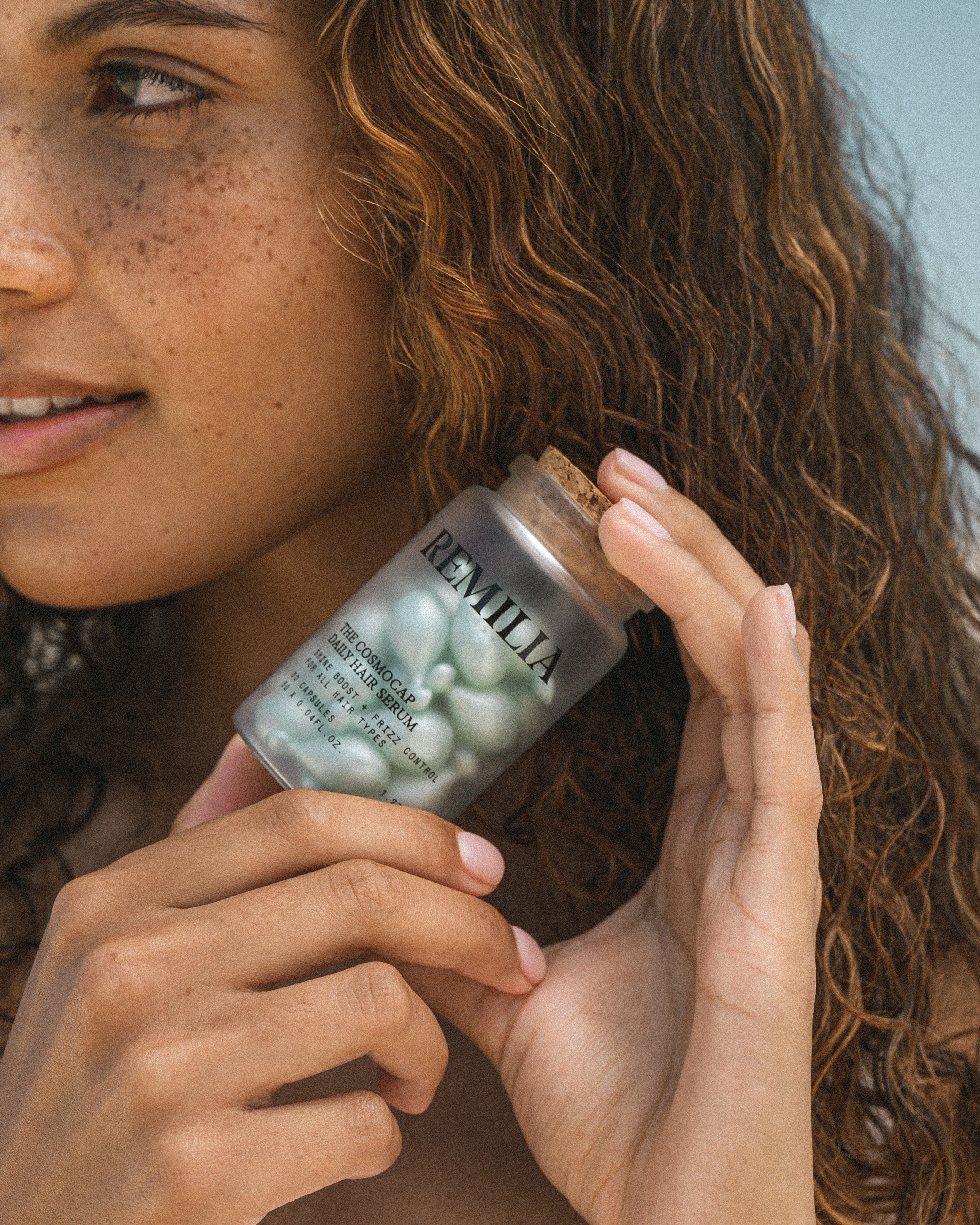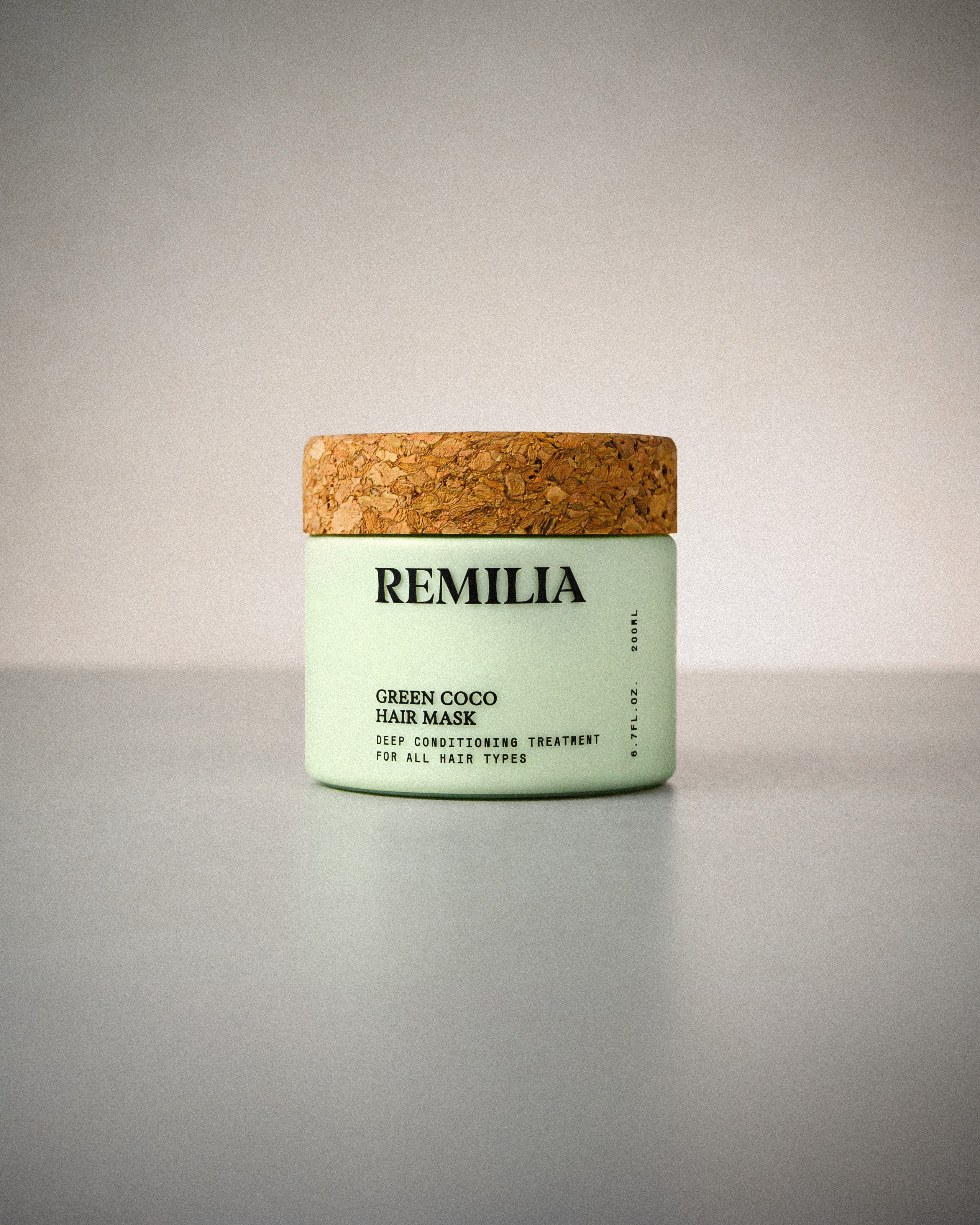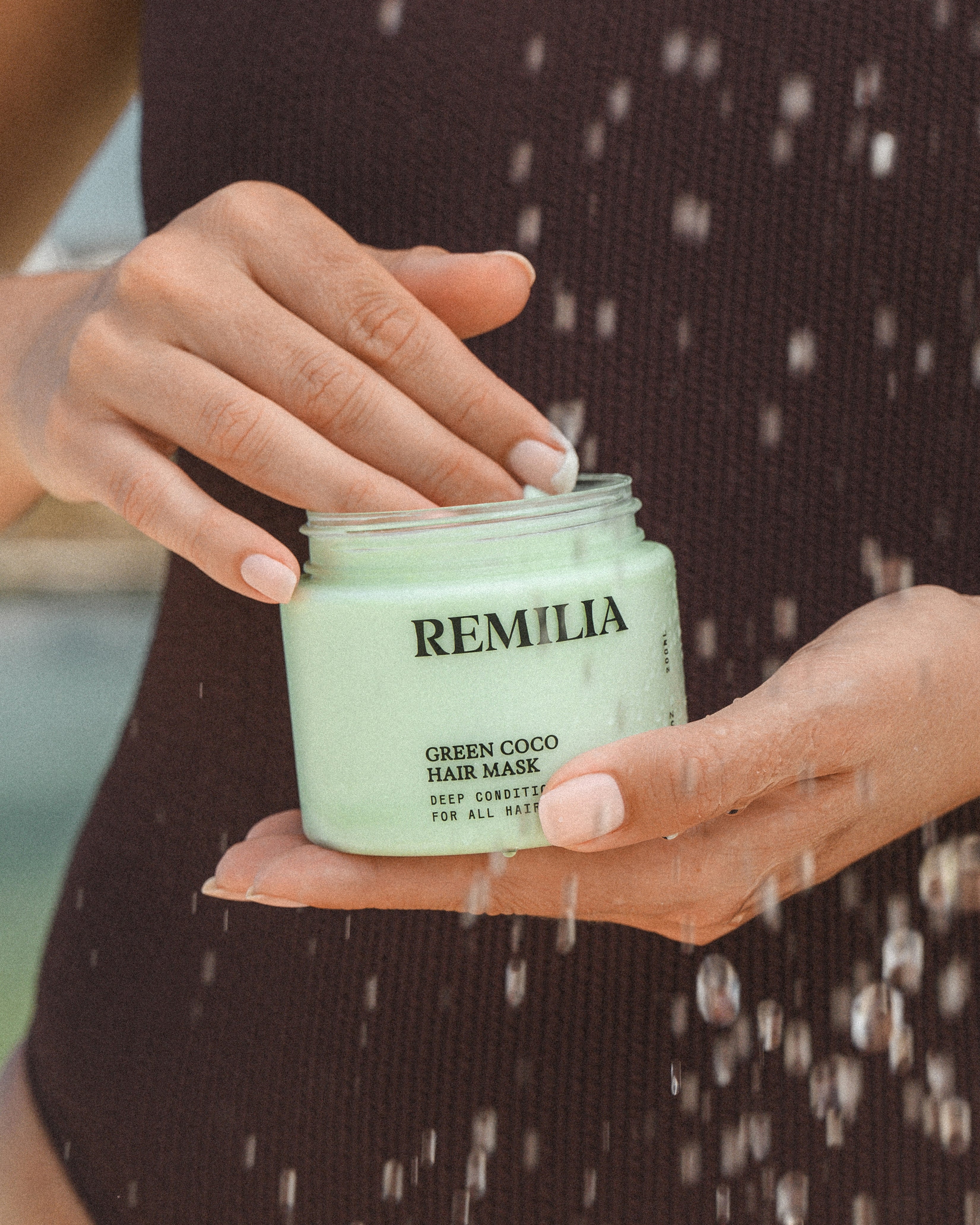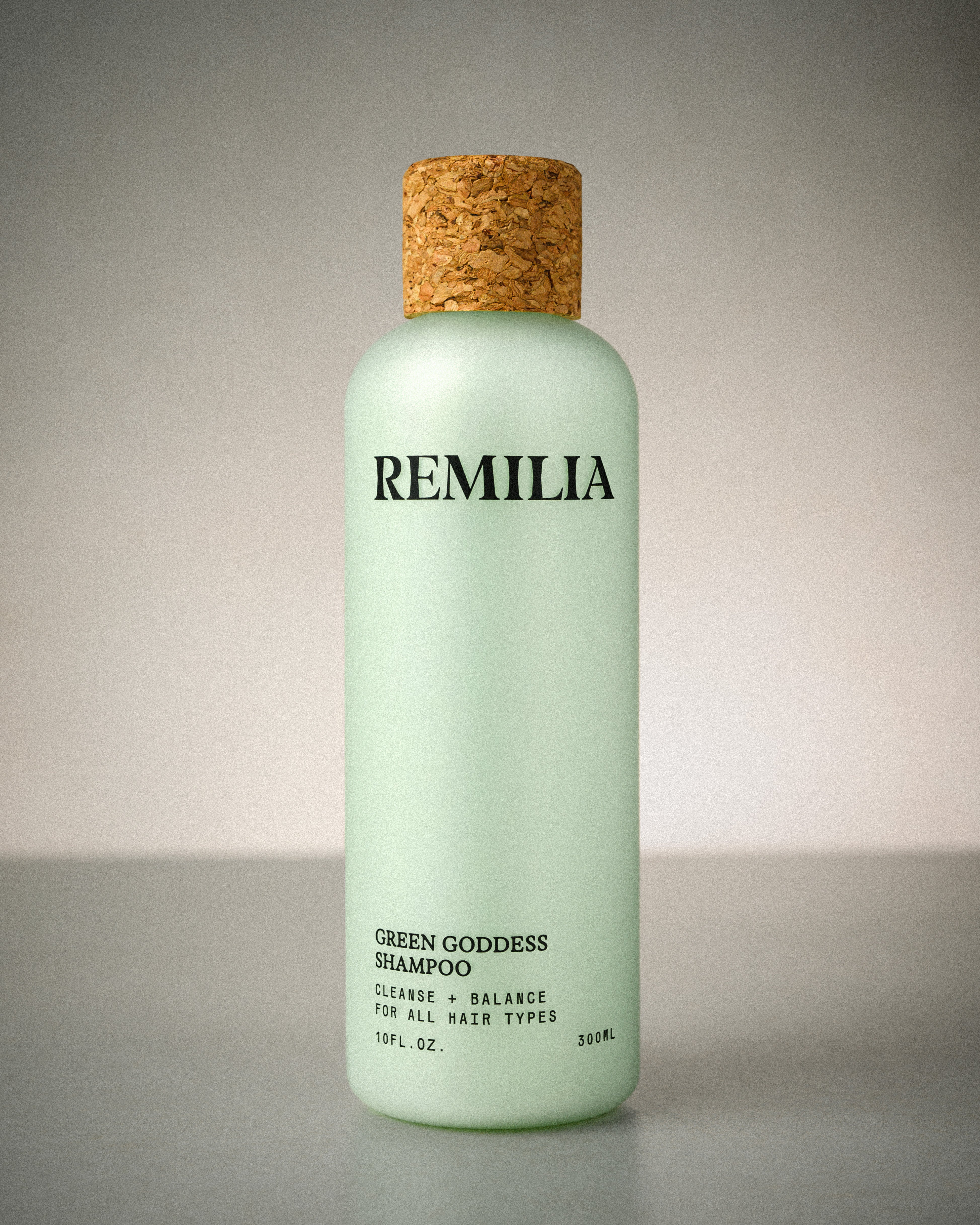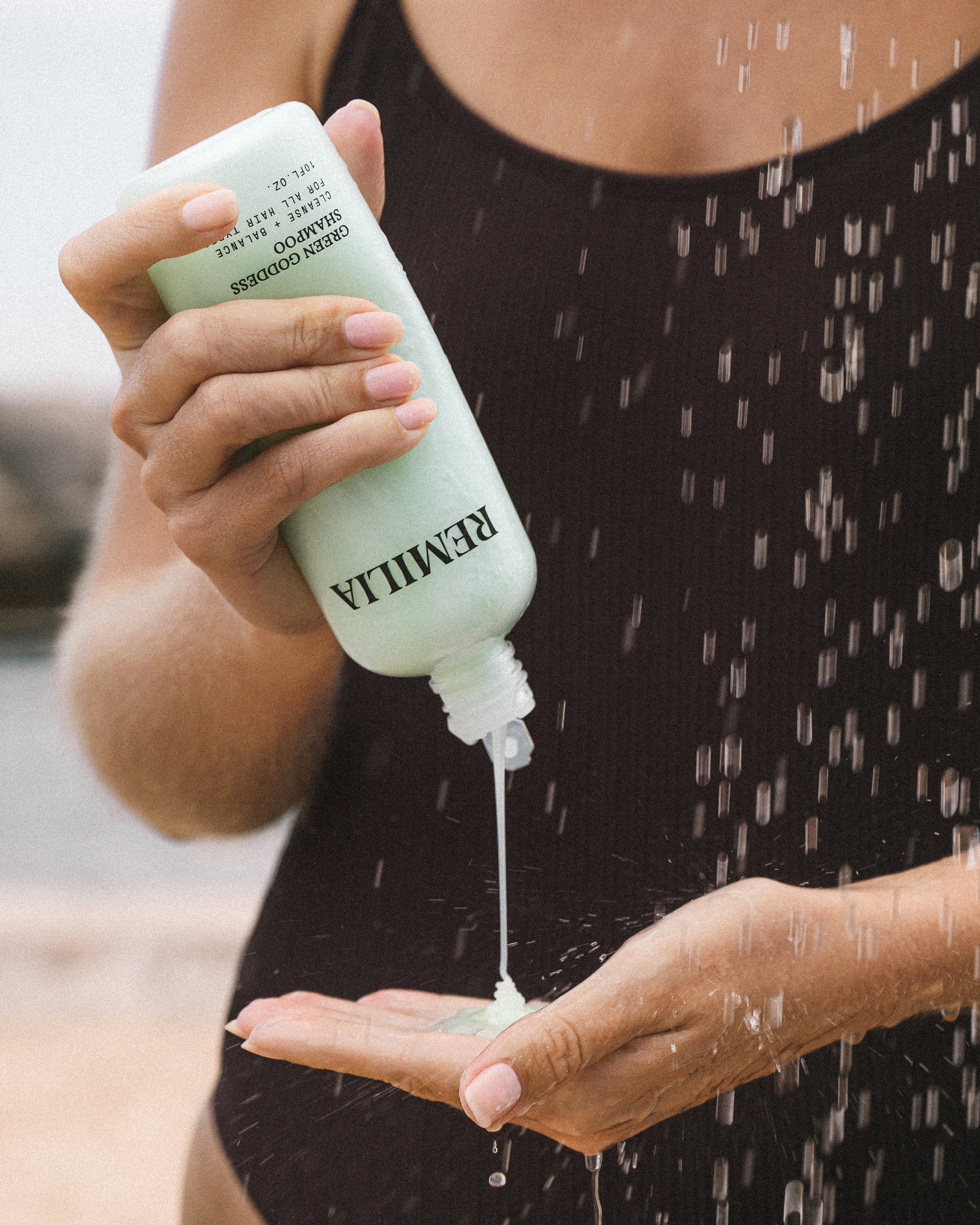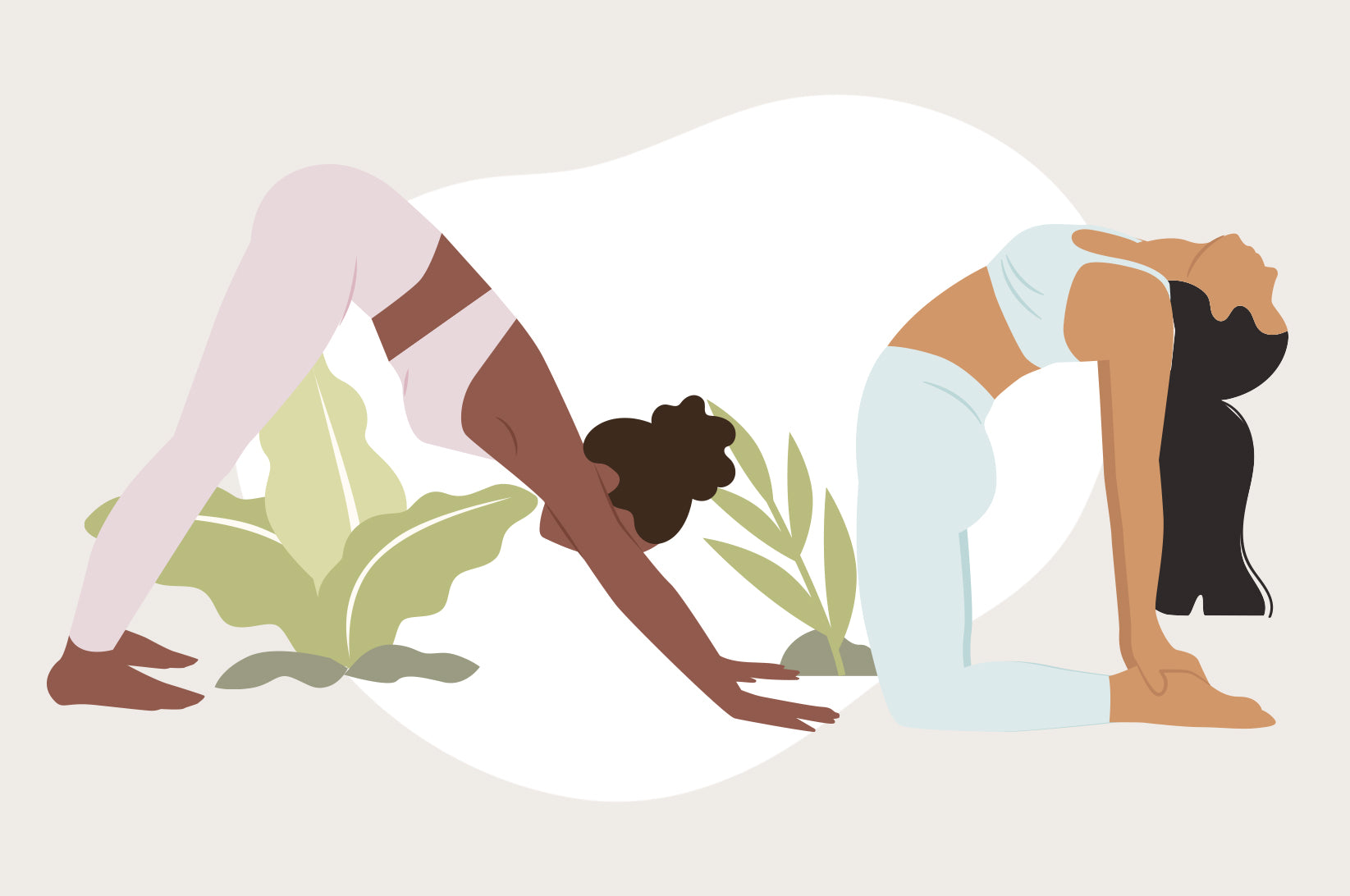BEAT THE DANDRUFF THIS WINTER WITH THESE LITTLE-KNOWN TRICKS


The snowflakes that fall on your nose and eyelashes are not the same flakes that nestle in your locks and land on your shoulders.
When the temperature starts to drop in October and November, the level of moisture in the air starts to fall too. If you struggle with chapped lips and dry, cracked knuckles, you can bet your scalp is pretty thirsty too.
Here are some of our favorite ways to fight winter-weather dandruff.
1. Choose the right shampoo
There are plenty of shampoos besides Head & Shoulders designed specifically to fight dandruff. Make sure to scan the bottle for these ingredients:
Zinc pyrithione
Coal tar
Selenium sulfide
Salicylic acid
Ketoconazole
2. Tea tree oil & aloe vera
Tea tree oil comes from tea tree leaves. Aborigines used oil from this Australian tree to clean wounds in the hopes of preventing infection. Today, tea tree oil is used in soaps and shampoos because its antimicrobial properties fight bacteria. However, you can also use a few drops of the oil itself on your scalp to ward away dandruff.
You probably use aloe vera on your sun burns, but you may not have known it can be used for a dry scalp because it helps fight inflammation naturally. Massage a bit of aloe vera into your scalp and let it sit for 30 minutes before washing it out well.
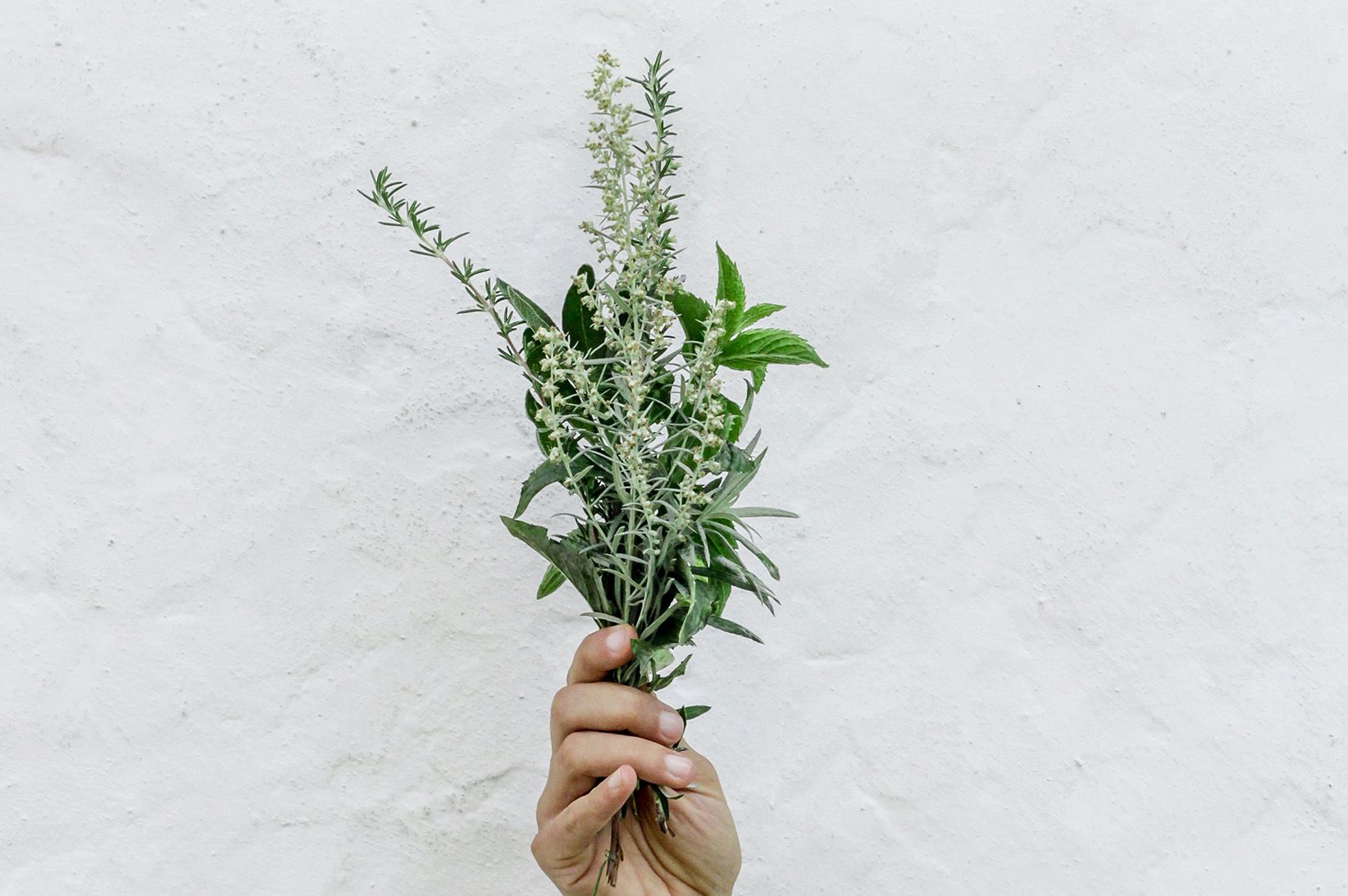
3. Turn down the heat
When the weather outside is frightful, there’s nothing more inviting than a warm, toasty night in the living room.
Instead of cranking the heat though, try grabbing a blanket or sweater instead. The heat coming out of the vents is very dry heat and it can dry out your scalp. Better yet, get a fireplace going!
4. Eat right
Believe it or not, your dandruff might actually be linked to your diet. While there may be other factors in play as well, don’t ever underestimate the role of nutrition in hair health.
B vitamins: Riboflavin (vitamin B2), Niacin (vitamin B3), and Biotin (vitamin B7) are all essential to healthy hair growth. Riboflavin helps convert macronutrients into ATP (otherwise known as energy), Niacin aids in skin health, and Biotin supports healthy hair growth.
Make sure you’re getting a healthy dose of vitamin B on your plate if you’re constantly itching and scratching.
Omega-3 fatty acids: Omega-3 fatty acids help to fight inflammation and soothe skin. You should make sure you’re getting some flax seeds, walnuts, and eggs in your diet on a regular basis so you get enough of this hair-healthy nutrient.
Zinc: Zinc is responsible for metabolic, cell growth, and immune function, and deficiency often results in dandruff.
The recommended daily dosage of zinc is 8-9mg for women and 11mg for men. Make sure you’re stocking up on chickpeas, peanuts, almonds, cashews, poultry and meat to make sure you’re getting enough.
5. Keep stress at bay
Dandruff is technically caused by a microbe called Malassezia globosa. Stress inhibits your body’s immune system leaving the microbes free to come and reproduce on your scalp. Stress can also influence your hormone levels, which, in turn, might cause dandruff.
It can be tempting to stay huddled inside this winter, but when stress hits, and it will, you’ll want to make sure you’re strapping up your sneakers regularly. There’s no better stress-buster than a good sweat session, and the blood circulation will bring more oxygen and nutrients to the skin on your head.
Of course, you’ll want to make sure you hydrate, hydrate, hydrate! Don’t hesitate to pop open an extra Remilia hair capsule to get some more moisture into your daily haircare routine. Since these capsules are completely plant-based, they won’t strip your locks of their natural oils.
Typically, you should be applying the serum from your roots to your ends because these sections are the driest. However, there’s nothing that says you can’t apply the serum to your scalp too!


